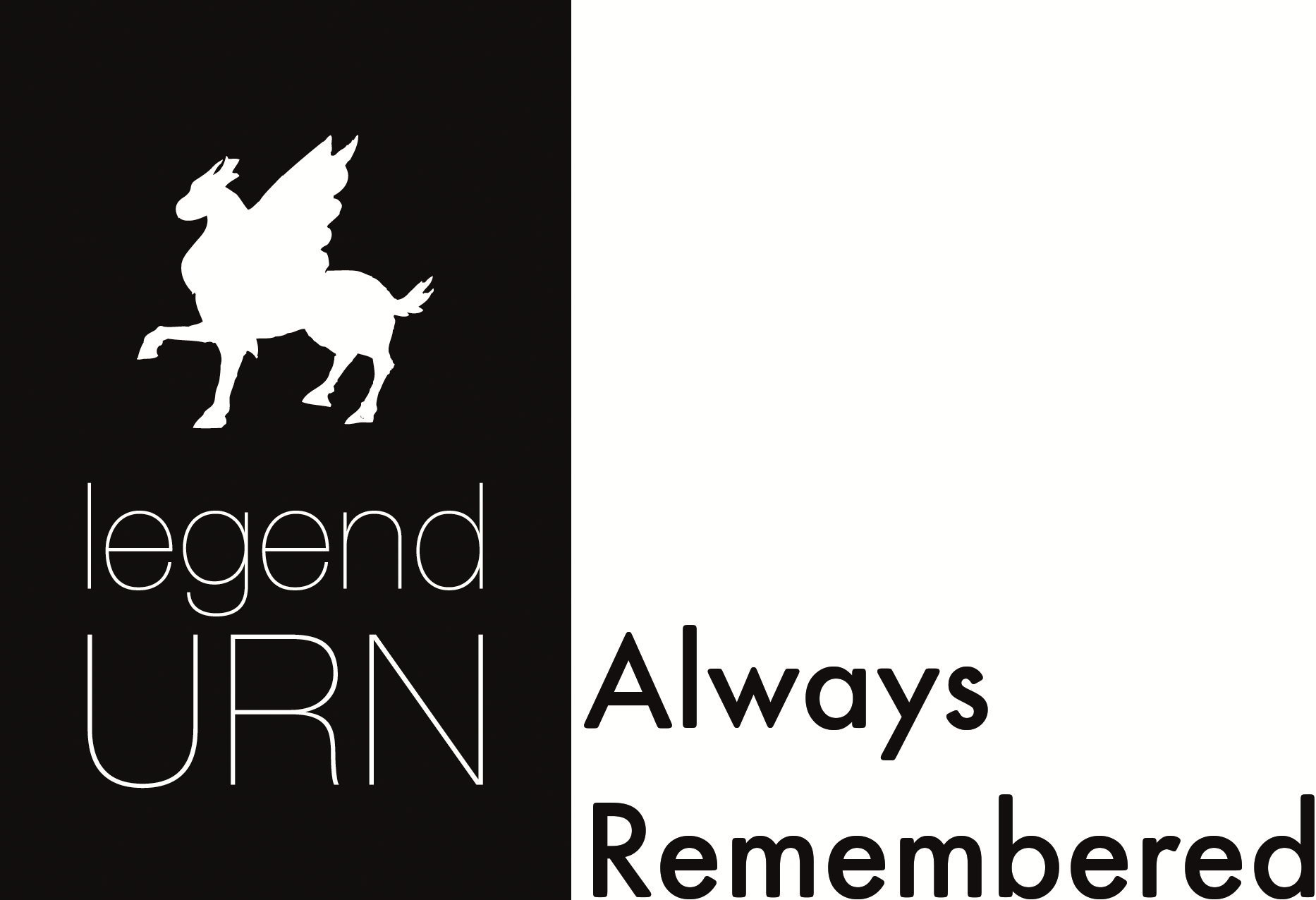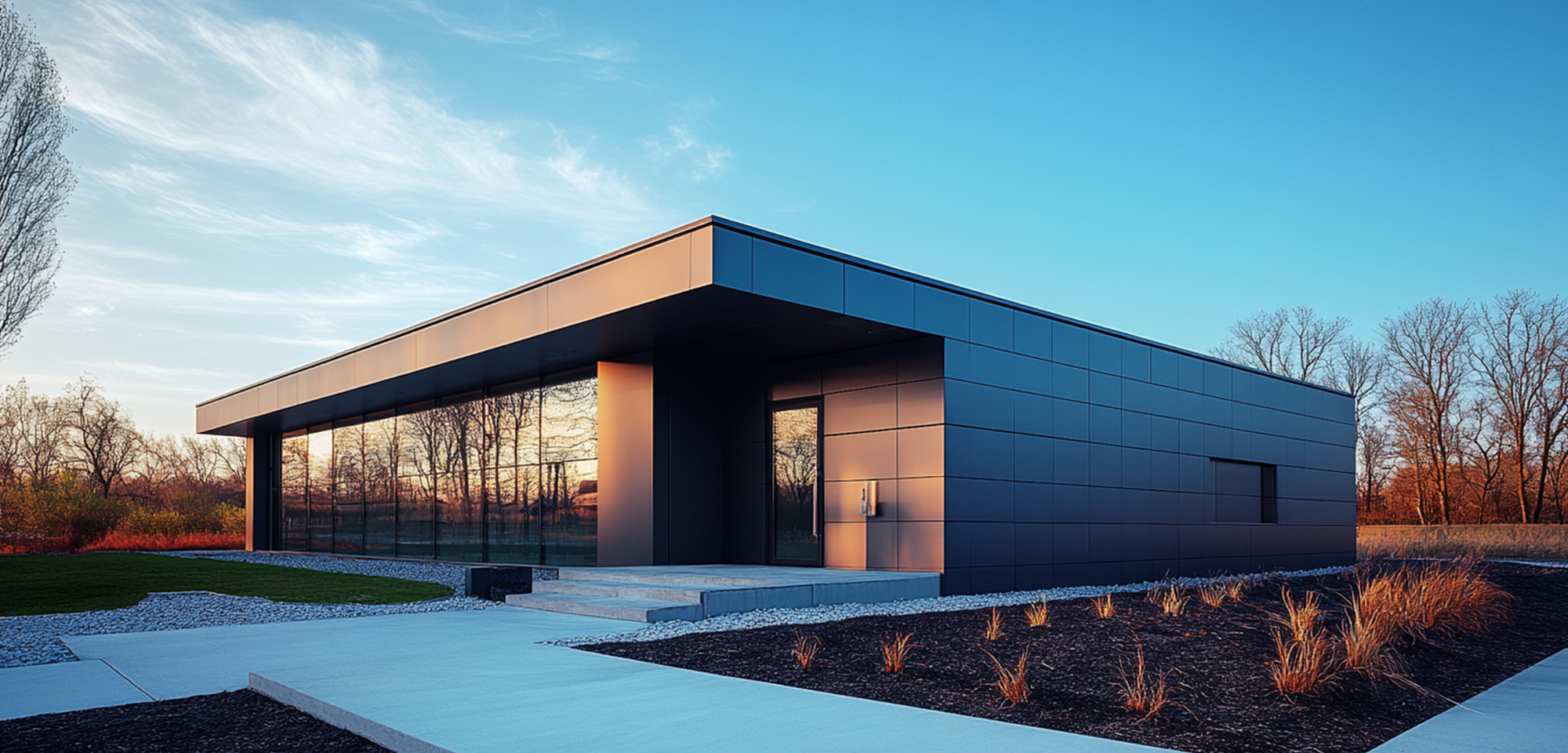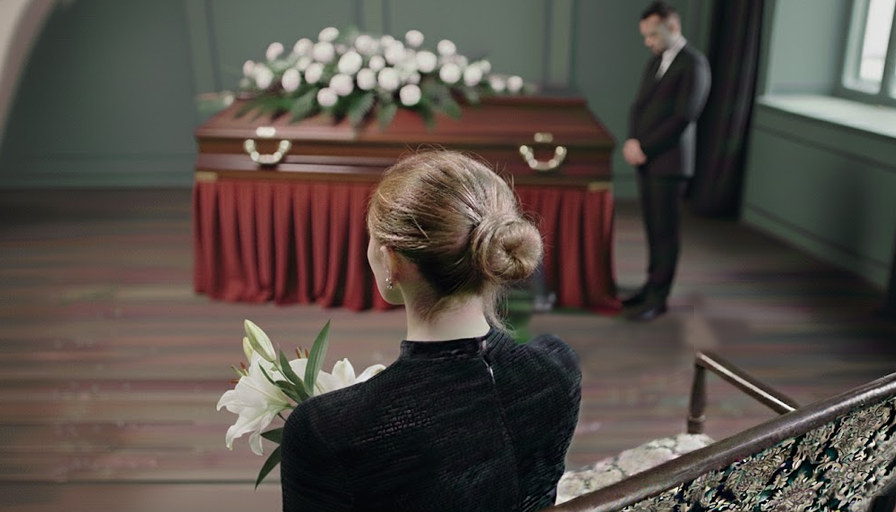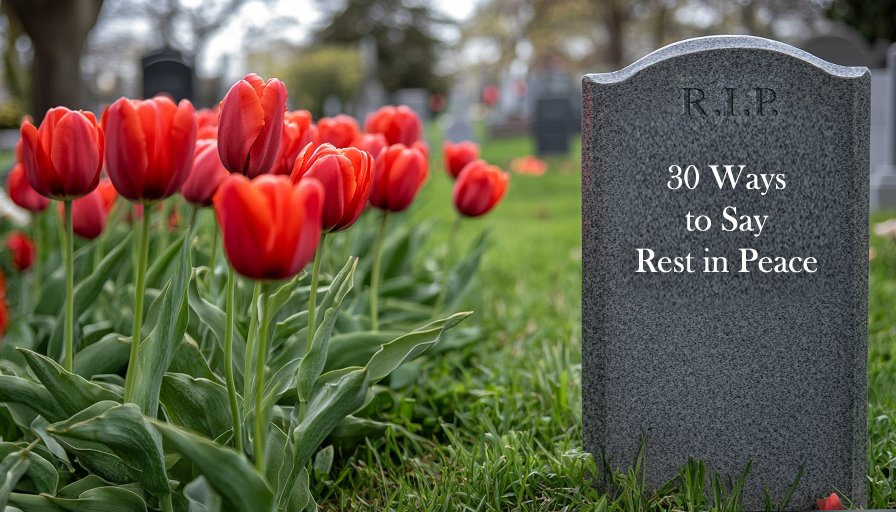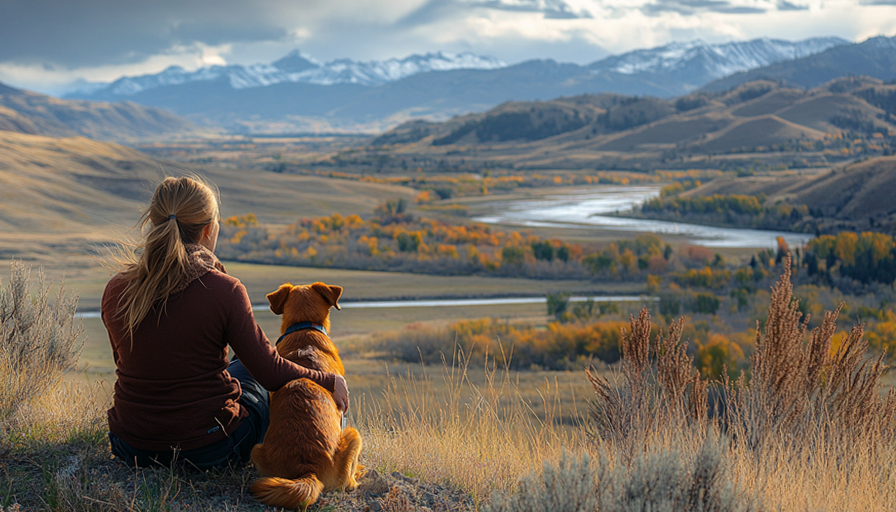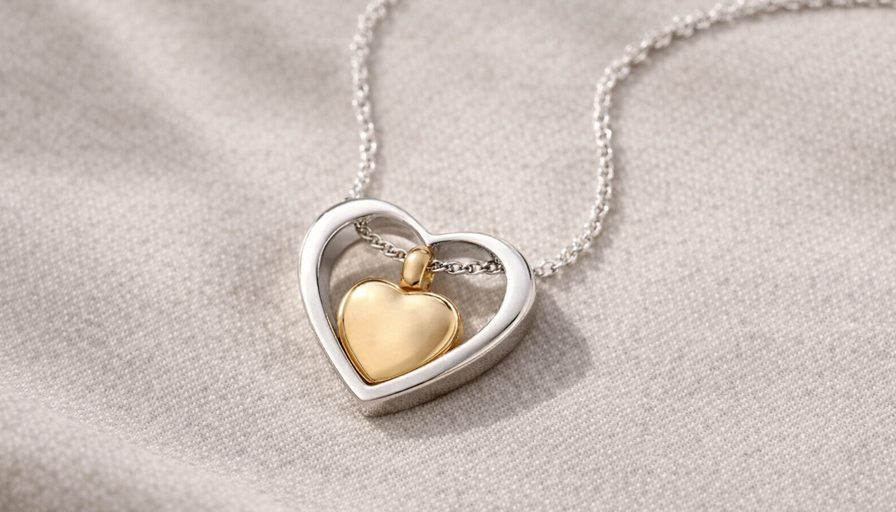The cost of a funeral or cremation can rapidly become very expensive. The average price of a cremation with the help of a funeral director’s services is around the £3,500 mark, while the cost of a burial is £1,000. That’s even before you pay for everything generally accepted as normal fare at a funeral, such as food for the mourners, flowers and similar elements.
As well as being expensive, the prices are rising uncontrollably. According to the findings by a non-ministerial government agency inquiry, funeral directors over the last 10 years in the United Kingdom have been upping their prices by 70% and crematoriums have been upping their prices by 85%.
If this all sounds too much to deal with, if you are looking for an alternative, there are cost-effective, though no-frills options in the form of a direct cremation.
With direct cremations, there are none of the standards normally associated with funerals and cremations, saving you lots of money in the process. To help you understand more about this alternative, we will look into direct cremations in this article.
What is a direct cremation?
By definition, a direct cremation is conducted without a formal funeral service. No ceremony is performed before or after it, with no attendees. After the direct cremation has been conducted, the ashes are then passed on to the family. This choice, a direct cremation, is usually the cheapest choice that is available in the United Kingdom.
Cremations without funeral service
As noted above, the term direct cremation is used to describe the simplest type of cremation available in the UK.
How does this work? Following their death, the body of the deceased goes directly to the crematorium chosen by the family to be cremated. This is often conducted with the body in a plain and amazingly simple coffin. Following the cremation, the ashes are passed onto the deceased's loved ones. Then, it is up to them whether they want to scatter or keep the ashes, according to the deceased’s or loved one’s wishes and preferences. You may want to keep the ashes in an urn for ashes or keepsake.
Understanding how a direct cremation works?
Before direct cremations can take place, there is important paperwork and documentation that needs to be fully completed. The cremation provider will fully inform you of everything you need and help you with the process if necessary.
In contrast to normal cremations and funerals, direct cremation is scheduled at times that suit the crematorium. As the family are not going to attend or able to view the deceased, there is no need for their input on this side of things.
As noted already, the ashes can be collected by the deceased’s loved ones so they can do whatever they want with them. The funeral directors may offer the choice to scatter the cremated ashes in their garden, which is then free to be visited by the loved ones.
What happens during a direct cremation?
Let’s look more in-depth at what happens during a direct cremation. This is a simple service and does not include any pre-funeral ceremonies or a formal funeral arrangement. The basic features of a direct cremation include:
- The deceased’s body goes directly to the crematorium following their death and is then cremated.
- This means there is no need to embalm or preserve the body in any other way.
- The cremation in a direct service is conducted with the body in a simple and plain coffin.
- The cremation is conducted at the crematorium picked out by the funeral directors you choose.
As noted above, no one can decide the time and date but the funeral directors. Aside from the reasons we have already outlined, direct cremations are also ideal and appealing to people who do not want a formal and traditional funeral or can’t afford all the trappings that go with one.
Can a cremation happen without a coffin?
There is the possibility for a cremation to be conducted even without a coffin. Still, direct cremations normally involve a container of a simple and plain variety made from a cheap material like cardboard or something else. They do not use solid wood.
According to UK law, the body must be covered in public places, so a covering like a shroud is often used. Many undertakers keep the use of coffins to make it easier to move the bodies being cremated.
Conclusion
When it comes to the cheapest choice for a funeral and cremation in this modern day and age in the United Kingdom, there is no more economical choice than direct cremation. It is quicker, easier, cheaper and involves less fuss and hassle than a traditional funeral. It may not suit everyone, but this is a great alternative if you are looking for your funeral to have none of the bells and whistles associated with these ceremonies or simply can’t afford a traditional one.
You will find that most funeral directors offer it, but the most affordable one is the one, in our humble opinion, that we offer. You don’t need to be there; you can collect your ashes when the ceremony ends.
